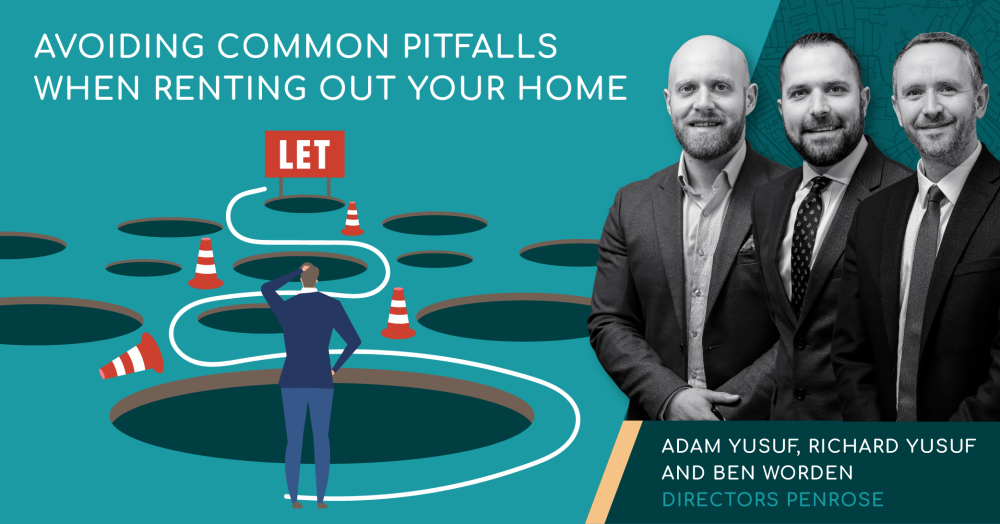
Avoiding Common Pitfalls When Renting Out Your Home
Renting out a property may seem straightforward, but even experienced landlords make mistakes that can lead to financial loss or legal complications. In this blog, we highlight common pitfalls and how to avoid them for a stress-free letting experience.
Legal Compliance Missteps:
Failing to register deposits, conducting improper safety checks, or neglecting tenant rights can lead to fines.
Maintenance Delays:
A neglected property leads to unhappy tenants. Address issues promptly.
Rent Arrears & Evictions:
Not all tenants pay on time. A robust tenancy agreement and proper vetting reduce risks.
Penrose Estate Agents can help landlords avoid these headaches by handling compliance, maintenance, and tenant vetting for you.
📞 Want to ensure a hassle-free letting process? Get a free lettings appraisal today: Click here.